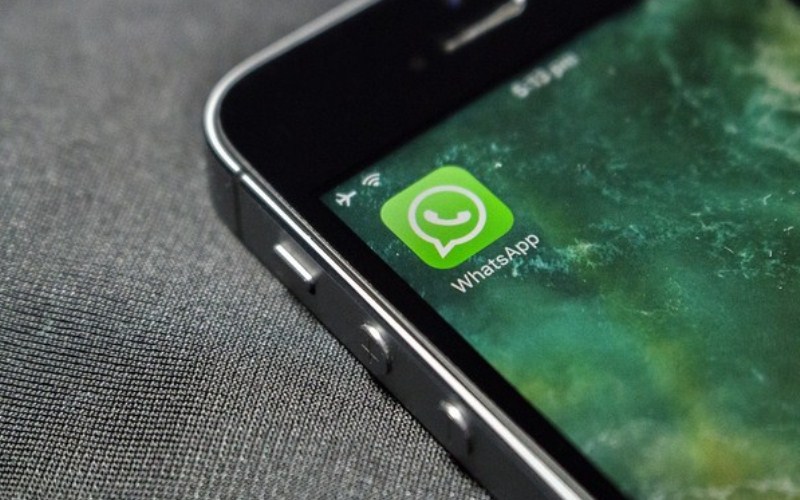New Delhi: Despite WhatsApp’s efforts to reduce the spread of fake news by limiting the number of forwards to five, the platform was extensively abused to spread unfounded rumours and create misinformation campaigns during recent elections in India and Brazil, a study has revealed.
WhatsApp fails in blocking misinformation campaigns
Facebook-owned WhatsApp particularly failed in blocking the propagation of misinformation campaigns through public groups, said the study conducted by researchers from Federal University of Minas Gerais in Brazil and Massachusetts Institute of Technology (MIT) in the US.
In the study, the researchers wanted to find out how effective WhatsApp’s efforts were in countering the spread of misinformation circulating on the platform.
They analysed the data around the election day, 60 days before and 15 after, in three countries — India, Brazil and Indonesia.
“Our results suggest that the current efforts deployed by WhatsApp can offer significant delays on the information spread, but they are ineffective in blocking the propagation of misinformation campaigns through public groups when the content has a high viral nature,” the authors wrote in a paper published on pre-print repository arXiv.org.
The research pointed out that WhatsApp allows the connection among like-minded individuals through chat groups which have a limit of 256 users and can be private or public.
While in the case of private groups, new members must be added by a member who assumes the role of group administrator, for public groups, the access is by invitation links that could be shared to anyone or be available on the Web.
As chat groups on WhatsApp are mostly private, harder to monitor than Facebook or Twitter discussions.
The researchers joined several WhatsApp public groups and analysed messages posted on these platforms.
Their analysis showed that while most of the images (80 per cent) last no more than two days, there are images in Brazil and in India that continued to appear even after two months of the first appearance.
And even if the 80 per cent images last no more than two days in WhatsApp that can be already enough to infect half of users in public groups, leaving 20 per cent of messages with a time span sufficient to be viral.
“Our results show that a content can spread quite fast through the network structure of public groups in WhatsApp, reaching later the private groups and individual users,” the study said.
Attempts were made to stop spread of misinformation
In the run up to the Lok Sabha elections, held in seven phases from April 11 to May 19, WhatsApp introduced several measures to prevent the spread of misinformation on its platform.
Besides limiting the number of messages one can forward at a time, the instant messaging platform also added a label that highlights when a user receives a message that has been forwarded to them. It also launched campaigns to educate people on the dangers of fake news.
According to WhatsApp, 9 in 10 messages on the platform are sent between two people and the average group has less than 10 people.
The company had said it will continue to look for ways to help address these challenges through its product and partnership with civil society.

